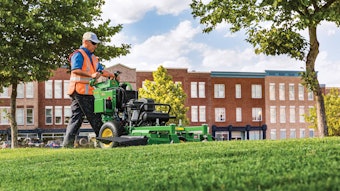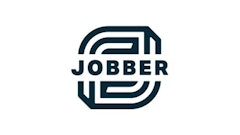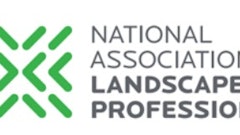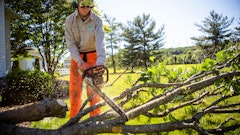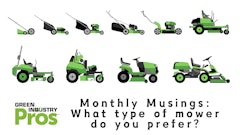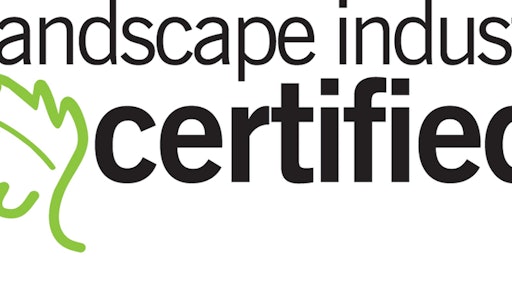
We have learned three crucial lessons about the hardscape business: 1) Know your margins and estimate properly, 2) Don’t underestimate the impact of repairing the damage done during construction, 3) Don’t underestimate the fact that trained, experienced technicians are exponentially more important on hardscape jobs.
Things to keep in mind when pricing
Many contractors proclaim that their margins are smaller on hardscape jobs. I question this train of thought. Hardscape is simply more competitive on pricing than other areas, and you must have your ducks in a row when it comes to knowing your costs and production rates.
Our model uses the same profit margin as softscape installation. It is important to use an overhead recovery model to estimate and price work. Overhead is overhead, whether planting or building a wall. If you base your pricing on a material markup, don’t forget that hardscape is equipment-intense, and you need to recover the cost of that equipment over its lifetime.
If you don’t anticipate and build into the estimate the need to repair the path of destruction, you can consume your profits at the end of the job through re-grading, repairing and rerouting irrigation, re-sodding, and repairing sidewalks, fences, drainage, dog fences, utilities, etc. Anticipate these costs and either bid them in or write clear disclaimers.
I caution you, though, that all bidders are not equal. Make sure the customer knows they need to be comparing apples to apples when taking bids. It is not uncommon to come up against a competitor who does not provide a detailed quote. They are only clear enough on the quote to be legally defensible when they tell the customer at the end that it is a change order to repair the turf from the curb to the work area. Use this to your advantage as an opportunity to educate your client and become their advocate.
Finally, trained, experienced, competent and honest technicians are crucial. We had a job last year that involved walls up to 7 feet high—with stairs, landings and planters. A string line was run improperly at layout. This, coupled with the fact that the 90° walls of the house were not built at 90°, led to an error that did not show up until the patio was laid up to the wall. The result was a project that exceeded three times the allotted man-hours because the foreman and designer assumed the house was square. This is something a more experienced hardscaper would have checked in the initial layout.
Technician Tip: Get Certified
Make 2012 the year you decide to get Landscape Industry Certified. The Professional Landcare Network (PLANET) offers several certification programs, and the most popular is the Landscape Industry Certified Technician-Exterior exam. This written and hands-on test is administered throughout the United States and Canada by state and provincial association licensees.
The exam encompasses a choice of specialty areas—softscape installation, hardscape installation, turf maintenance, ornamental maintenance, or irrigation. Recommended study materials, available through licensees or PLANET, offer solid preparation for the exam. The Landscape Training Manuals for Technicians with supplemental videos can be used for general in-house training for your company. Take a tour of these manuals and videos at Landscapetechnician.net.
In today’s marketplace, having certified staff gives us an added competitive and professional edge that we can use to our advantage. And as professionals, certification helps boost our career portfolios and makes us more valuable to our employers.
I can tell you firsthand that becoming Landscape Industry Certified has upped my game ten-fold and made me more marketable to customers, and it can do the same for you. Winning bids, impressing customers, distinguishing yourself from the competition—these are just a few of the potential benefits of becoming certified.
Michael Becker, Landscape Industry Certified Manager, has been involved in the landscape industry since the early 1980s. He is the owner of Estate Gardeners Inc. in Elkhorn, NE, and is the chair of PLANET’s International Certification Council.



